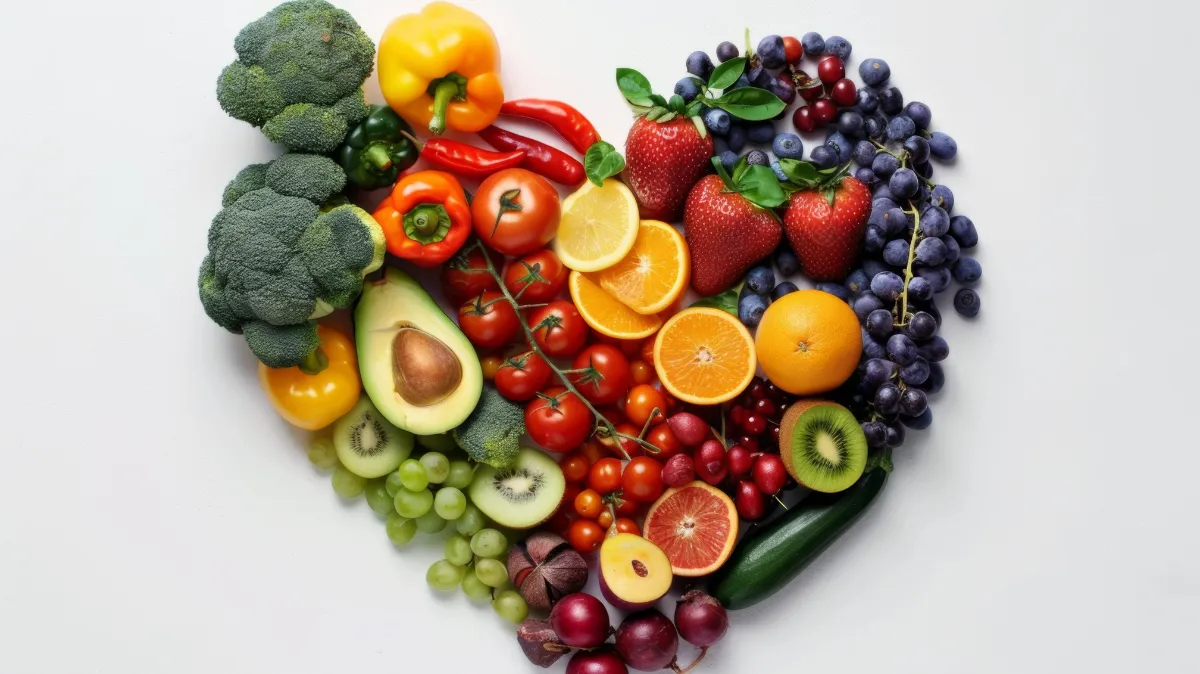17. Apples
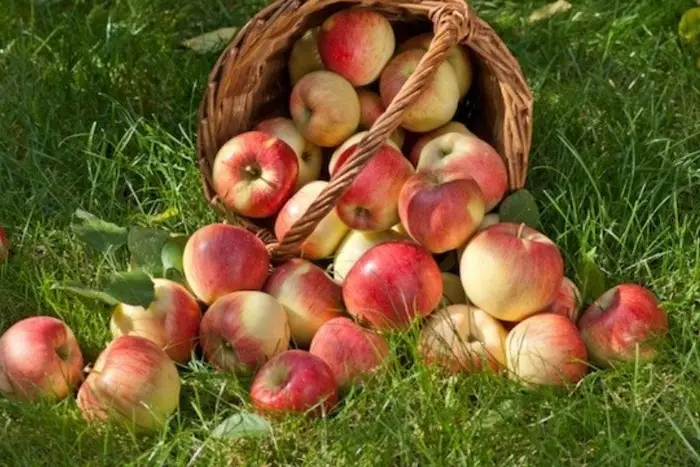
If everyone ate an apple a day, then the entire medical profession would be out of business.
Apples are amazing fruits—both in texture and flavor—that contain high concentrations of antioxidants and minerals.
While different varieties of apples vary in how well they can improve heart health, it’s impossible to choose the wrong type of apple. Just pick one up at the supermarket and munch away!
18. Avocados
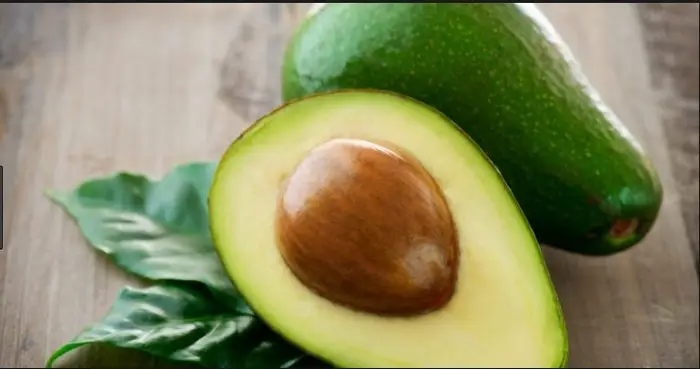
Ah, avocados. We know just how in-demand they are, and we’re familiar with how there are actual avocado cartels operating in South America.
Though millennials might not know it, the avocado they spread on their toast is doing wonderful favors for their heart.
Avocados are packed with potassium and antioxidants, which, together, lower the risk of heart disease and high blood pressure.
19. Eggplant
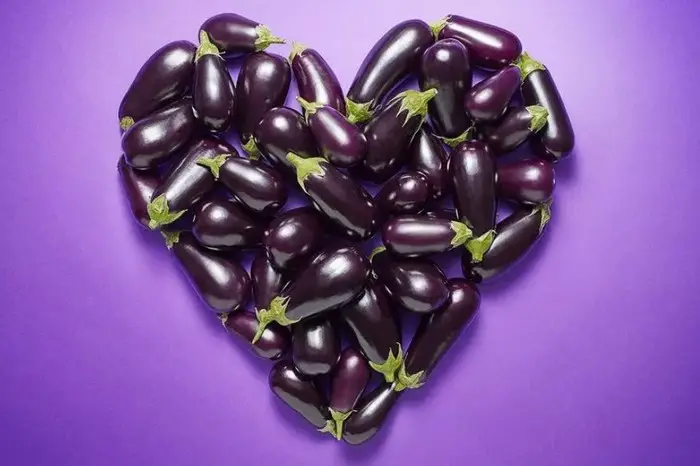
Do you know why eggplants are called eggplants? It’s because they resemble eggs when they’re still young on hanging off of the stalk.
Like eggs, they can keep the heart doctor away by filling your tummy and digestive tract with an assortment of vitamins, minerals, and antioxidants.
You might not like the mushy texture at first, but over time, you’ll learn to love them as much as us!
20. Broccoli
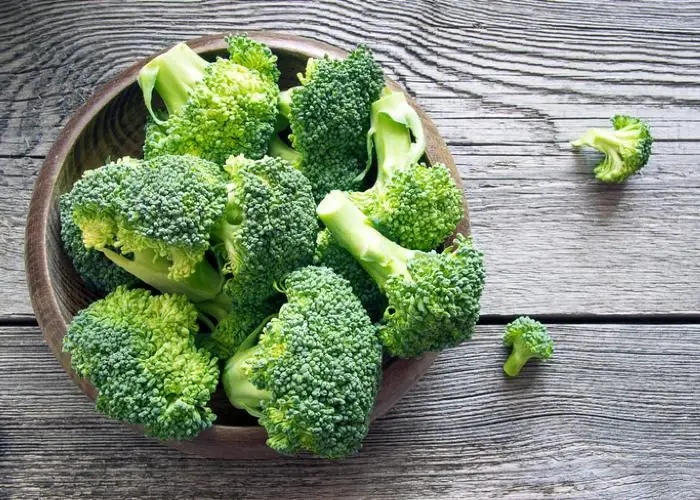
You’ve probably seen the classic TV trope where children can’t stand vegetables, and broccoli is the worst offender of anybody’s childhood.
However, you should start feeding your children (and yourself) more broccoli because it can actively reduce cholesterol and aid in preventing blood clots.
Also, if you’re at risk of type 2 diabetes, eat more of this flowery vegetable—it can significantly reduce blood sugar levels.
21. Carrots

“Eh, what’s up, Doc?” We saw Bugs eating carrots as children, and as adults, we can’t get enough of this crunch veggie.
Carrots contain beta-carotene, which boosts natural production of vitamin A. It’s true that carrots can improve your vision, but this orange veggie can also reduce your risk of cardiovascular diseases.
22. Chicken
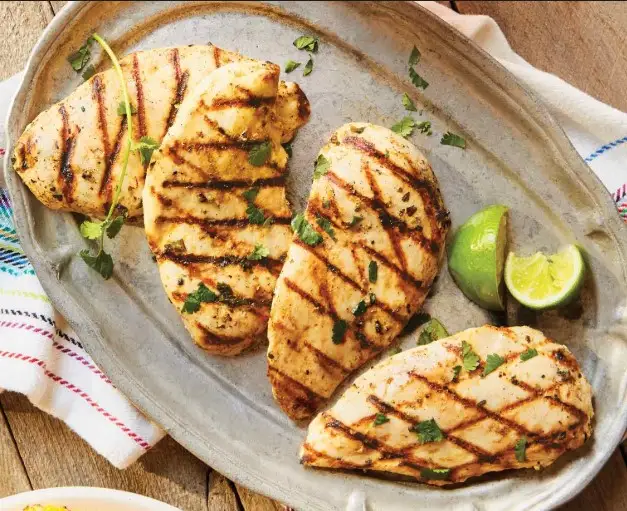
When it comes to the variety of meats that can help improve heart health, chicken should be at the top of your list.
Not only because it’s high in protein, but the lean meat can actually lower cholesterol levels, thereby reducing blood pressure and lowering the risk of strokes.
However, opt for skinless chicken breasts over wings or thighs, and take it easy on the salt!
23. Chickpeas

If you’re a huge hummus lover, we’ll give you another reason why you should eat more natural hummus for lunch and as a midday snack.
Chickpeas, the essential ingredient in hummus, is packed with vitamins C and B-6, as well as potassium.
As you already know, the combination of such antioxidants and minerals can help your heart in a variety of ways, including lowering cholesterol.
24. Coffee
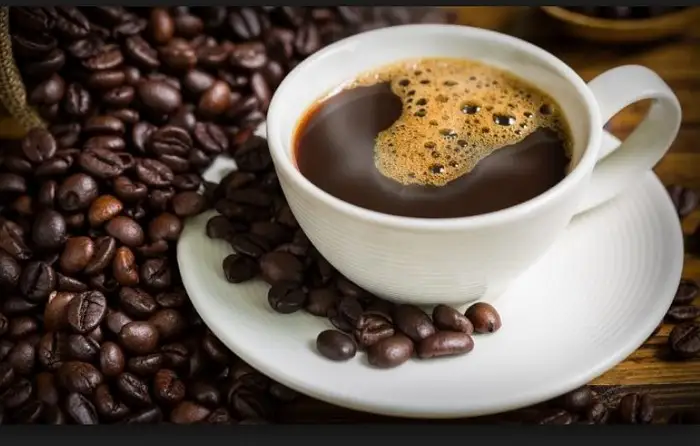
Coffee lovers, rejoice! If you’re not at 100% in the morning before a cup of java, then it’s probably because your heart needs the extra boost that this dark, aromatic, caffeinated drink can provide.
Studies have shown that while coffee can boost energy levels, it also aids in reducing the risk of coronary heart disease. Just drink it in moderation!
25. Cranberries
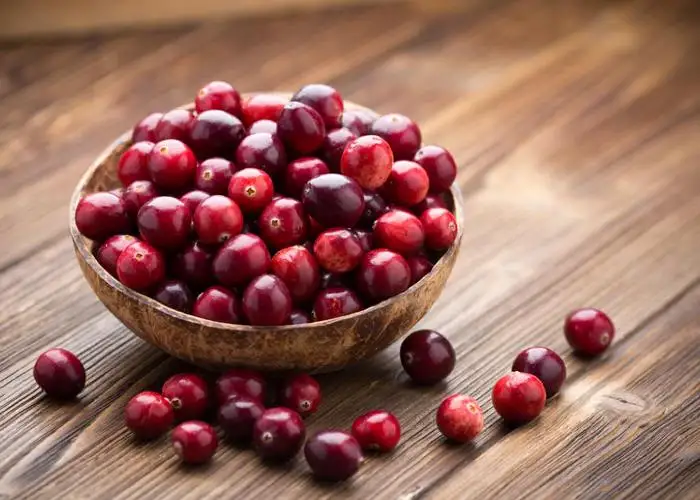
Who can resist a blob of canned cranberries on Thanksgiving and Christmas?
We’re not trying to take anything away from fresh cranberries, especially since both varieties are filled with antioxidants to boost both gut and heart health.
It’s also a natural diuretic that can help with menstrual cycles and prevent UTIs.
26. Figs
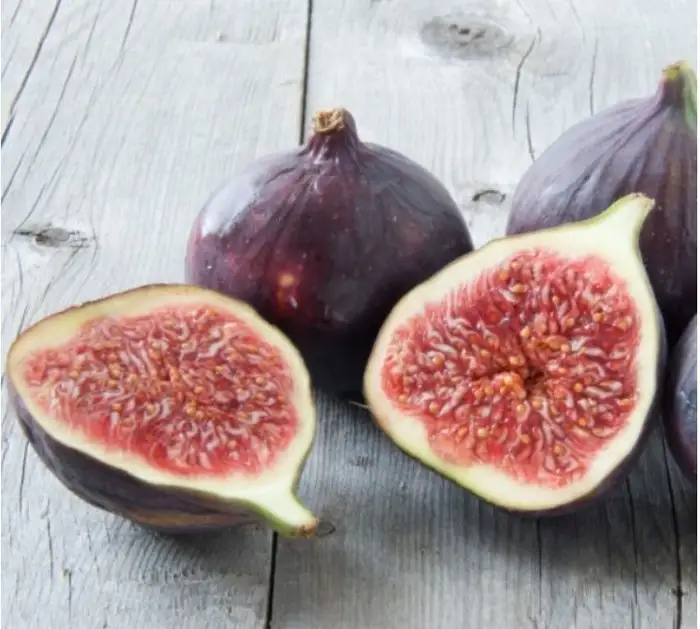
Who knew figs could be as delicious as it is healthy? You’ll mostly hear about figs being rich in fiber, but they’re also a great source of calcium, which can help regulate blood pressure and heart rate.
There’s also a healthy dose of potassium and vitamins A and K, which all contribute to your overall health.
27. Flax Seeds
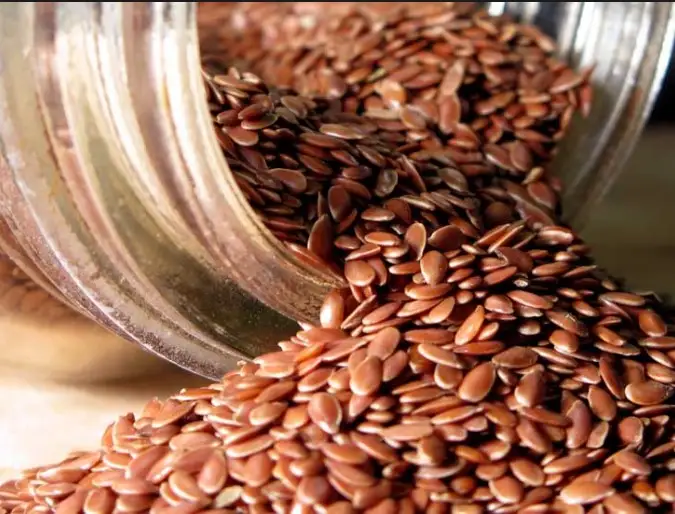
Let’s assume that you’re not the biggest fan of nuts and fish. That’s nothing to be ashamed about; many people out there can’t swallow a handful of almonds or eat sardines without coughing them back up.
Well, if that’s the case, you can at least rely on flax seeds as a source of heart-boosting fatty acids and antioxidants. A scoop or two of flax seeds can really make your morning smoothie a lot healthier.
28. Red Chili Peppers
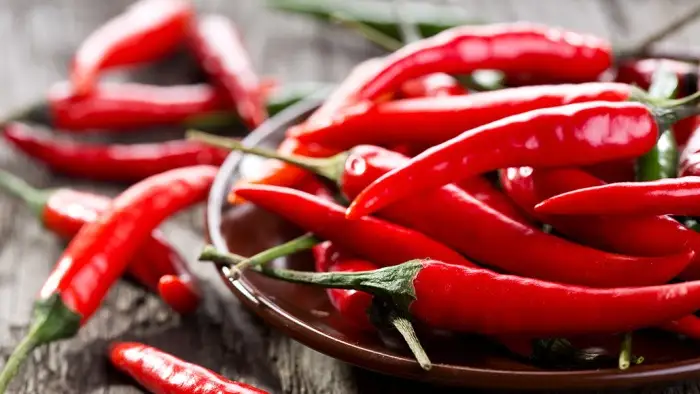
For those who can’t seem to get enough of spice, we have some good news for you. Those red chili peppers you grind into a paste can actually help improve your heart health.
Inside every kind of pepper is capsaicin, which is what gives peppers their spicy flavor but also helps regulate blood pressure.
29. Ginger
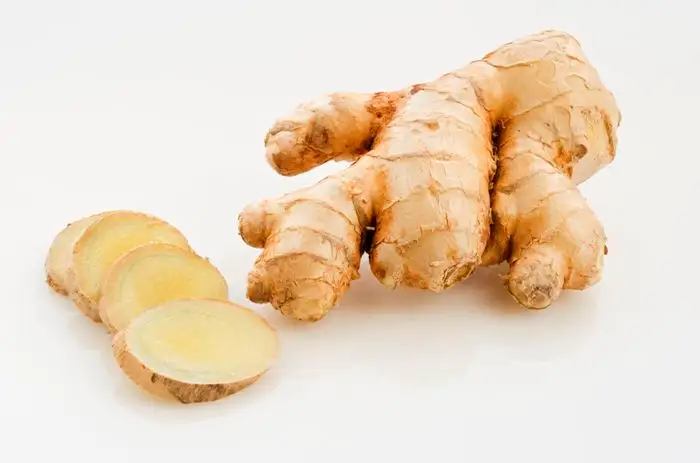
Ginger is much more than just a pungent flavoring. Research has shown that eating ginger can lower blood pressure, which, in turn, reduces the risk of various heart diseases.
It does take a seasoned palate to enjoy the slight spice, but if you can stomach it, definitely ask for an extra dollop on your sushi.
30. Grapefruit
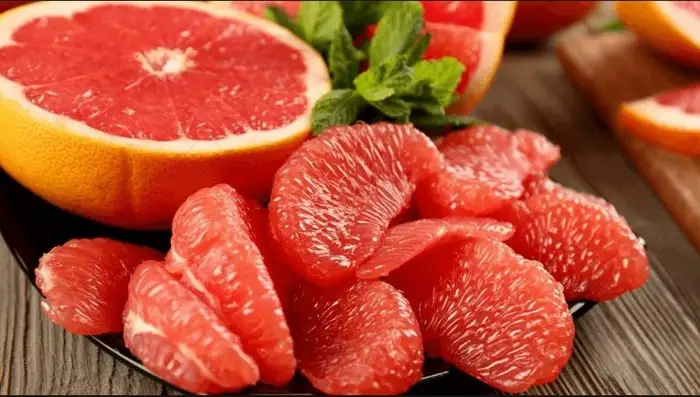
A quarter of a grapefruit in the morning makes for an excellent breakfast. But did you know that it contains a wide assortment of nutrients, like fiber and lycopene, as well as vitamin C, which gives it its citrusy flavor?
All of these nutrients in conjunction create an excellent health-boosting snack for those on a low-sugar diet.
31. Green Tea
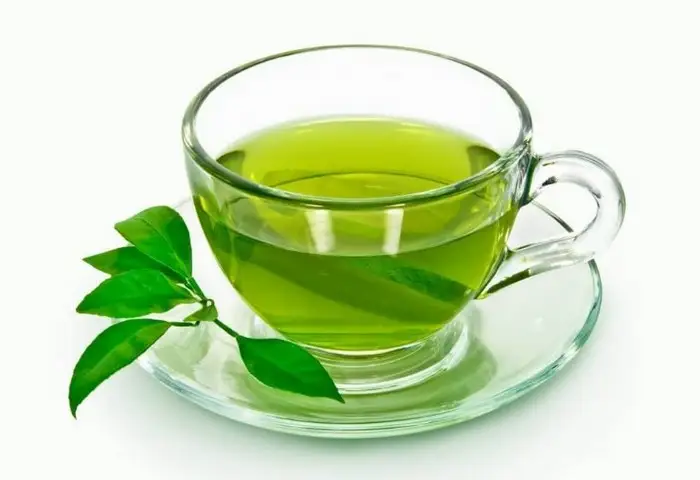
Tea is known to soothe the soul and help drinkers relax, which is probably why the British are never on edge.
But green tea takes it a step further from black tea due to its high antioxidant content that aids in breaking through plaque buildup in our arteries.
If you want a soul-soothing drink that’s low on caffeine, green tea is your best bet.
32. Kidney Beans
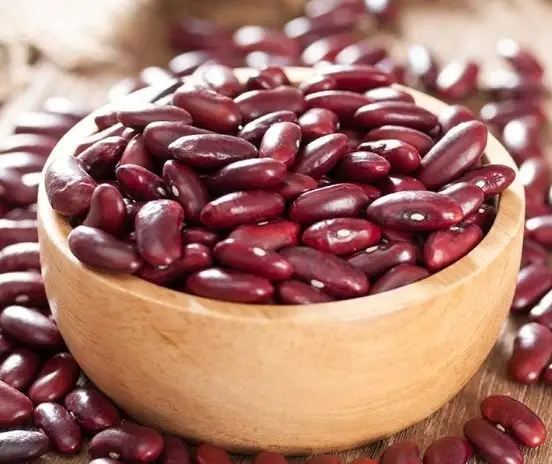
There’s no chili, no stew, no burrito worth munching on if it doesn’t have at least 50 cups of kidney beans.
Let’s ignore the fact that beans are the magical fruit and talk about their health-boosting properties.
Compared to other kinds of beans, kidney beans contain more protein and considerably less fat. If you want to give your stews more body, use kidney beans.
33. Kiwi
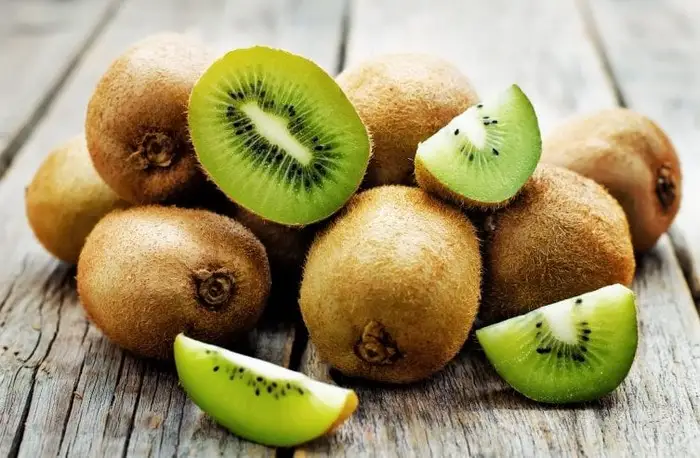
These hilarious-looking fruits are fun to eat and even more fun to say. Kiwi (hehe) is incredibly healthy due to its richness in vitamins B, C, and E.
It also contains considerably high doses of magnesium and potassium, which are all great for lowering blood pressure and preventing blood clots.
